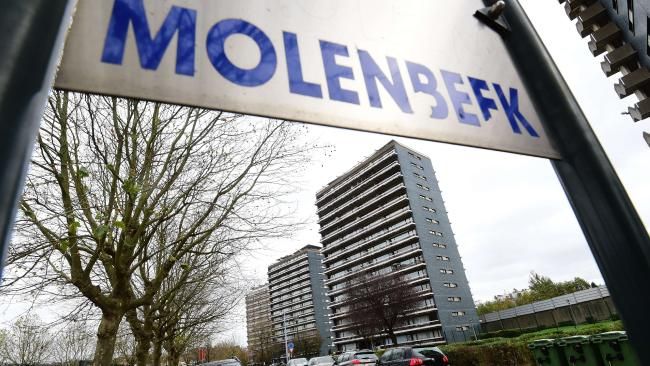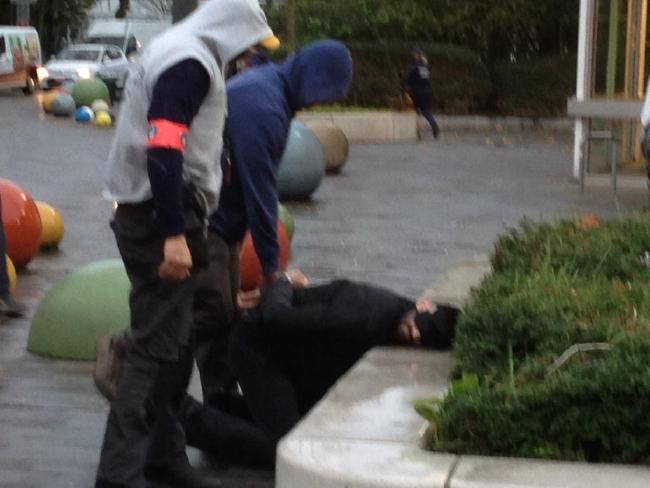 THE world's attention may be on
THE world's attention may be on
Investigations into Friday's carefully co-ordinated attacks have led authorities to a small district of Brussels, and they've discovered a breeding ground for terrorists.
Molenbeek already has a reputation when it comes to terror activity.
Even before being linked to the worst attack on
In 2001, it was in Molenbeek where the assassins of
It was also home for a while for Hassan El Haski, who was found guilty of being one of the masterminds of the 2004
Mehdi Nemmouche, the main suspect in the Jewish Museum attack in
And Ayoub El Khazzani, the perpetrator of the foiled attack in August on a Paris-bound train from
“I notice that each time there is a link with Molenbeek,"
“This is a gigantic problem."
Prosecutors on Sunday disclosed a growing Belgian connection to the

Belgian prosecutors co-operating with their French counterparts said two assailants killed in Friday's attacks were Frenchmen who had lived in
At least one of the dead assailants and five of the people arrested in raids on Saturday had spent time in the poor immigrant
A third brother Brahim died after having set off his explosives-laden suicide belt near a cafe in Paris' 11th district, investigators said.
The trail led to the three brothers following the discovery of two cars registered in
The results of the probe so far highlight how Molenbeek has for two decades lodged Islamist extremists who have fought or supported wars in
“It's not the only one in
What is striking is that
“Europe no longer has borders and it is therefore logical that (extremists) benefit too,"
“But we must stop being a base for those who make war in
“Among this small minority, there are figures known at the European and international levels," according to Moniquet, CEO of the Brussels-based European Strategic Intelligence and
They lure people online, he added, comparing the neighbourhood's jihadist influence to that of
Part of the reason Molenbeek became such a hotbed is because local politicians failed for years to face up to extremism in order to keep “social peace" and continue getting elected, Moniquet said.
Prime Minister Michel has acknowledged the problem.
“In the last few months, many initiatives have been launched in the fight against radicalisation, but there should be a greater crackdown," he told media on Sunday.
“We are going to work more intensely with the local authorities. The Federal Government is ready to provide more means."
But the small borough which sits just across the canal from
“Molenbeek has always been a transit community," he told The Guardian.
“I know everyone thinks it's a base for radicals and terrorists, but a lot of that is stigmatisation."
He pointed to the bustling Sunday morning market as evidence of the district's multicultural liveliness.
“It's extremely dangerous to link these radicals with the local population."
But regardless of its redeeming features,
“But one thing's for sure. We just can't accept this situation any longer."
“The situation in
“One of the reasons
Source: news.com.au
 В Атырау -10
В Атырау -10